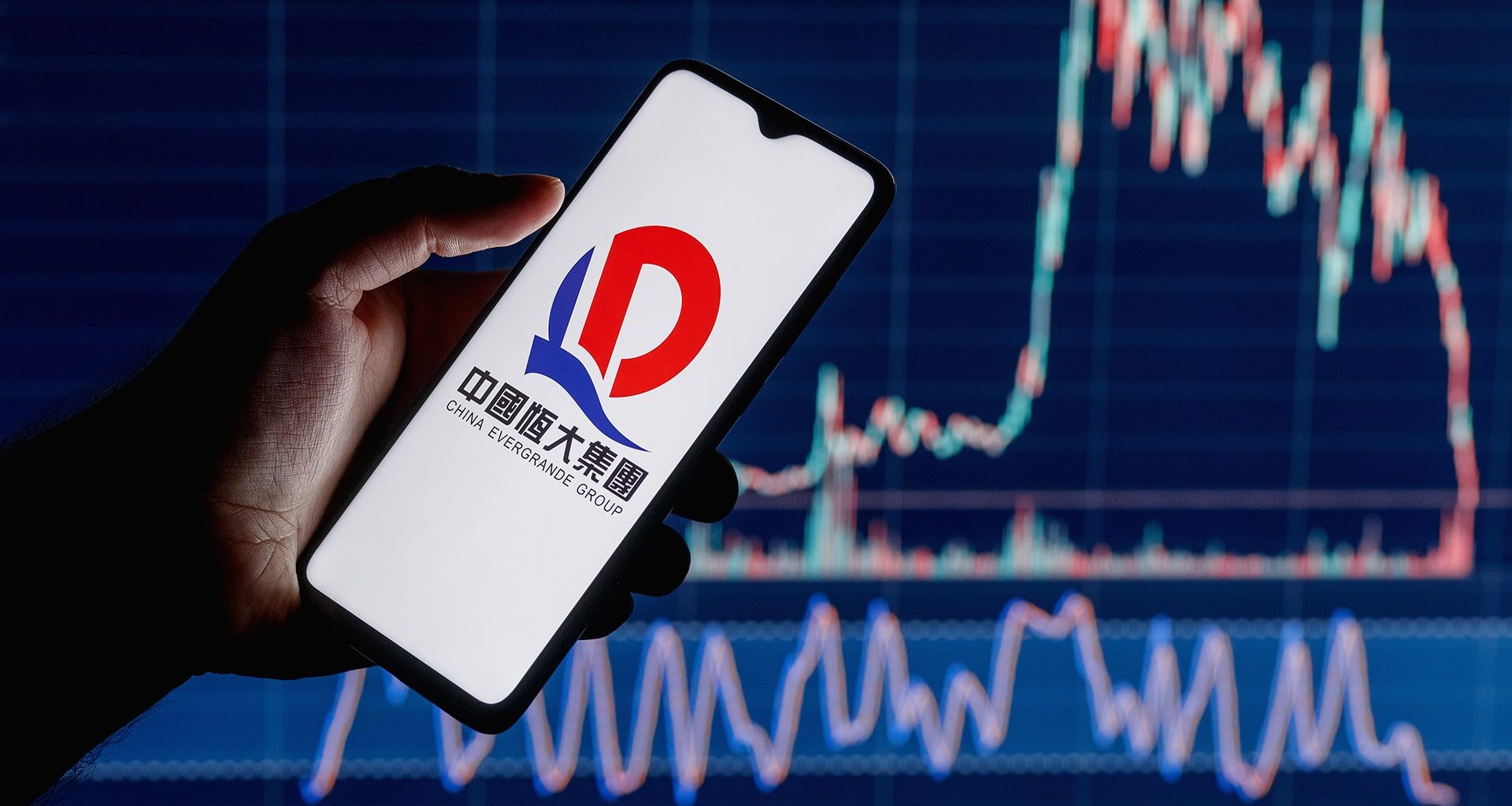Last week was a particularly volatile one. We saw the VIX spike up above 24, and US treasuries yield above 1.5%, incorporating recent higher inflation readings. As a consequence, both equity and bond markets were particularly weak.
In China, headlines remain focussed on the Evergrande saga, which we discussed in our last weekly brief. Since then, Caixin (a Chinese media group known for investigative journalism) has reported that several local governments in China have set up special custodian accounts for Evergrande’s property projects. The purpose of these accounts is simple: to ensure that homebuyers’ payments are not diverted from the completion of property projects for any reason (such as paying off creditors).
In the US, the Fed has issued its economic projections (formerly known as the “dot plot”). Real GDP for 2021 is predicted to grow by 5.9%, slow to 3.8% in 2022, then 2.5% in 2023. It expects core inflation to reach 3.7% this year, then fall to 2.3% next year and 2.2% the year after. And it predicts that the federal funds rate (the interest rate, set by the Fed, at which commercial banks borrow and lend their excess reserves to each other) will be 0.1% this year, 0.3% next year, and 1% in 2023. Compared to a number of forecasts, the Fed’s assessment is a positive one which foresees a “soft landing” for the US economy: normalising GDP and inflation, and a consistently low federal fund rate.
The past week was also the week of the German elections and the end of the Mrs Merkel era as German Chancellor. The Social Democratic Party (seen as the winner) gained 25.8% of the vote, whereas CDU received 24.1%. The Greens won 14.8% and the Liberal FDP 11.5%. According to experts, we will now have to undergo a prolonged period of negotiations in order to construct a government. The consensus view is that the Christian Democrat Union (CDU) will not be part of the resultant coalition – but only time will tell for sure. While this could lead to a spate of volatility, the reality is that all the main parties in Germany have made similar pledges, such as to do more for the environment and not hike taxes. As a result, we think this is likely to concern markets less than it might in other advanced economies with more political polarisation.
Disclaimer: The views expressed in this article are those of the author at the date of publication and not necessarily those of Dominion Capital Strategies Limited or its related companies. The content of this article is not intended as investment advice and will not be updated after publication. Images, video, quotations from literature and any such material which may be subject to copyright is reproduced in whole or in part in this article on the basis of Fair use as applied to news reporting and journalistic comment on events.


